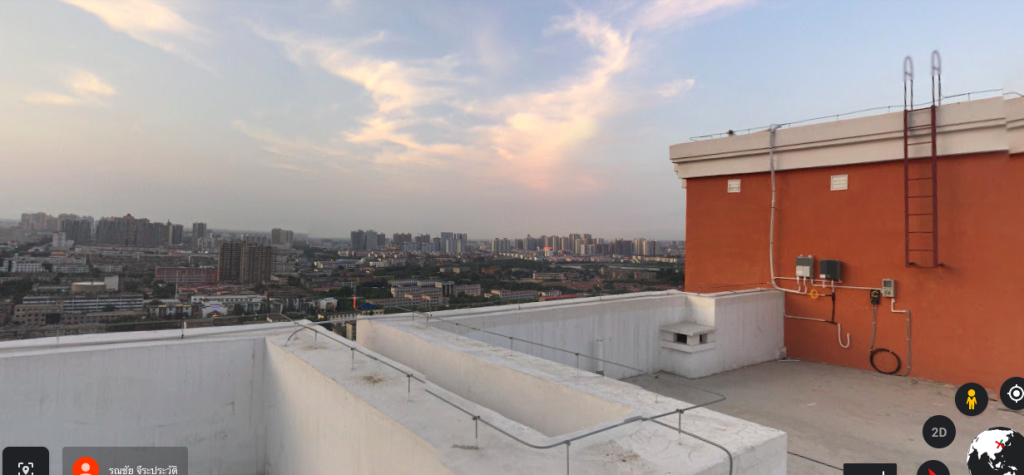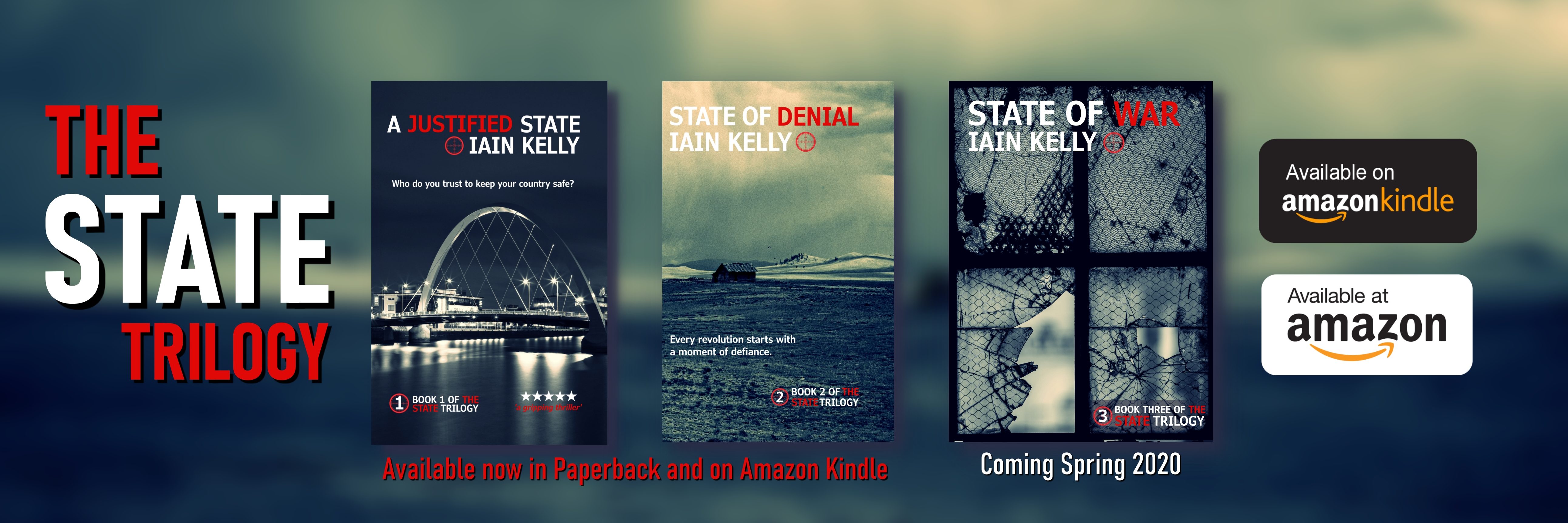The sights and smells of the small market were intoxicating.
The constant chatter of humans mixed with the sounds of caged animals.
Xao Ling dragged him along. ‘Here,’ he pointed.
An old woman sat surrounded by pots of powders and liquids. Her skin was a patchwork of wrinkles, her eyes half-closed slits, her hair was wiry and grey.
He sat down. She took his hands in hers. A cracked smile appeared on the woman’s face. She spoke in a quick rattle of words.
‘I see your pain,’ Xao translated, with a smile. ‘She can help you.’
‘Fascinating, can she really?’
He took his I.D. from his pocket and held it up in front of the woman. She looked confused.
Xao explained: ‘CITES. The Convention on International Trade in Endangered Species. We would like to know where you got this ivory.’
The woman’s face was blank. She had no idea she was doing anything wrong.

Linking up with the prompt at What Pegman Saw. The task is to write a story in 150 words or less based on the destination that Pegman is visiting. This week’s destination is Xinhua, China. Elephants, Rhinos and a plethora of animals continue to be illegally poached to extinction around the world, and most of the ivory and other rare ‘ingredients’ end up in Asia and China, being sold on the black market, in the belief that they will provide traditional cures and remedies – the ignorance and stupidity of humankind at its very worst.
You can read other stories based on the prompt HERE.

To find out more about my novels, buy the books, or read for FREE with Kindle Unlimited, follow the links below:
A JUSTIFIED STATE: U.S.A. – AMAZON.COM UNITED KINGDOM AUSTRALIA CANADA INDIA
STATE OF DENIAL: U.S.A. – AMAZON.COM UNITED KINGDOM AUSTRALIA CANADA INDIA

Leave a comment